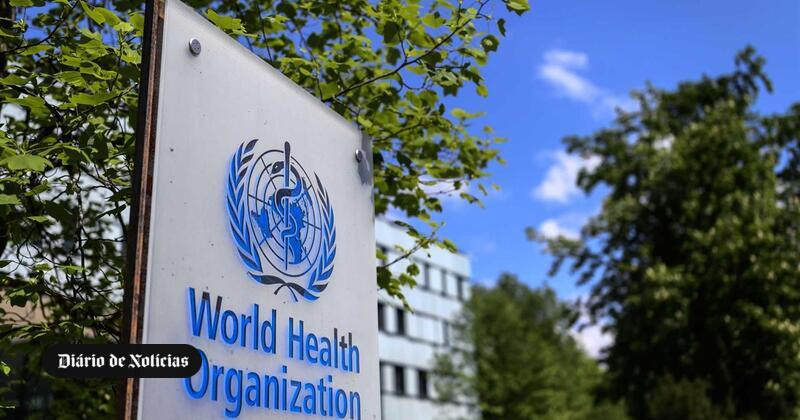The World Health Organization (WHO) warned on Friday that the nearly 200 monkeypox cases recorded in recent weeks outside countries where the virus usually spreads may be only the beginning.
“We don’t know if we’re just seeing the tip of the iceberg,” admitted Sylvie Briand, WHO’s head of epidemic prevention, preparedness and epidemics. instructions About the “unusual” spread of the virus.
Since Britain first announced a confirmed case of smallpox on May 7, nearly 200 cases have been reported to the World Health Organization in countries far from the states where the virus is endemic. The European Center for Disease Prevention and Control (ECDC) estimated the number of these cases at 219.
An endemic disease in many West and Central African countries, monkeypox cases have suddenly been detected in more than 20 countries around the world, including the United States, Australia, the United Arab Emirates and nearly a dozen countries in the European Union.
The Spanish Ministry of Health said on Friday that 98 cases had been confirmed so far, while Britain currently has 90 confirmed cases. Meanwhile, Portugal has recorded 74 cases, reported the health authorities, adding that all cases mostly occur in men under the age of 40.
“We are still at the beginning of this event,” Sylvie Briand told representatives of member states attending the World Health Assembly in Geneva. “We know that we will have more cases in the coming days,” he said, stressing that there is no need to “panic.” “This is not a disease that the general public should worry about. It is not Covid or other fast-spreading diseases.”
Monkeypox is related to the smallpox that killed millions around the world before it was eradicated in 1980. But the disease is much less serious, with a mortality rate of three to six percent. Most people recover within three to four weeks.
Initial symptoms include a high temperature, swollen nodules, and a rash that looks like chickenpox.
While many cases have been linked to men who have sex with men, experts stress that there is no evidence that it is a sexually transmitted disease. Instead, it appears to be spread by close contact with an infected person who has blisters on their skin.
Sylvie Briand said there is no cure yet, but there are some antiviral drugs that have been developed against smallpox, including one that was recently approved by the European Medicines Agency. Vaccines developed for smallpox have also been shown to be 85% effective in preventing smallpox.
However, because smallpox has not been a threat for more than four decades, most people under the age of 45 have not received the vaccine, and vaccine supplies are now very limited.
Sylvie Briand said experts were trying to determine the cause of this “unusual situation,” saying initial investigations did not appear to indicate that the virus that causes monkeypox had changed or mutated. She hoped to stop the spread.
“We have a good chance to stop broadcasting now,” she said. “If we do the right measures now, we can probably contain this easily.”

“Wannabe internet buff. Future teen idol. Hardcore zombie guru. Gamer. Avid creator. Entrepreneur. Bacon ninja.”

